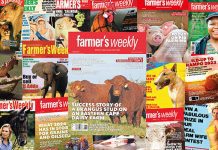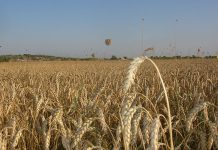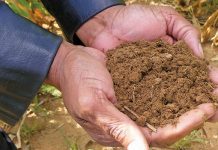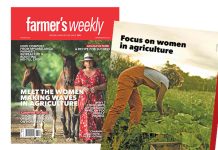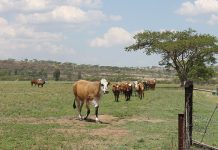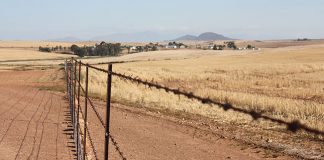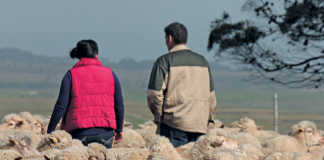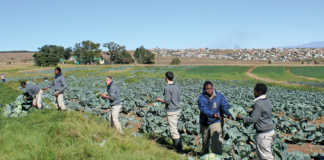Thankfully, with the strongest auditing reporting standards in the world, we should be able to verify how much money is wasted on our embarrassingly substandard education system: this year Treasury announced that approximately R650 billion would be spent on basic education over a three-year period.
The WEF’s 2015/2016 Global Competitiveness Report, which was released recently, ranks SA 49th overall out of 140 countries, up from 56th out of 144 countries in 2014/2015. We are placed among the top three countries for our strength of auditing and reporting standards, efficacy of corporate boards, the protection of minority shareholders’ interests and the regulation of securities exchanges.
At the darker end of the spectrum, South Africa’s maths and science education was rated the worst out of the 140 countries surveyed. We were also ranked among the bottom three for the overall quality of our education system, the prevalence of TB and HIV, as well as for several indicators in the labour market efficiency category.
I think it is impossible for a farmer to operate successfully without at least a basic understanding of maths. Everything that happens on a farm needs to be counted, measured and calibrated. In this week’s issue, we speak to Paul Collett, the 2015 Eastern Cape young farmer of the year. It is clear that his ability to analyse and respond to the data that he records has set him apart from his peers.
The Department of Basic Education was highly offended by the WEF competitiveness report, saying in a statement that the results were “a bizarre set of opinion-based rankings of education quality” and that the education system in SA was “clearly not the worst in the world”.
Quite right. We are not the worst, we are the second-worst. Every four years, the International Association for the Evaluation of Educational Achievement releases the Trends in International Mathematics and Science Study. In the most recent (2011) International Results in Mathematics, South Africa was placed second-last, between Botswana and Honduras, out of 63 countries surveyed.
Although the study measures grade four and grade eight student achievement, in Botswana, SA and Honduras the test proved too difficult for grade eight students, so grade nine students were tested instead. And for more than 25% of the SA students tested, their achievement was “too low for estimation”.
There is simply no future for agriculture if SA’s education system cannot produce young farmers who can count.
Denene Erasmus is the deputy editor of Farmer’s Weekly.

